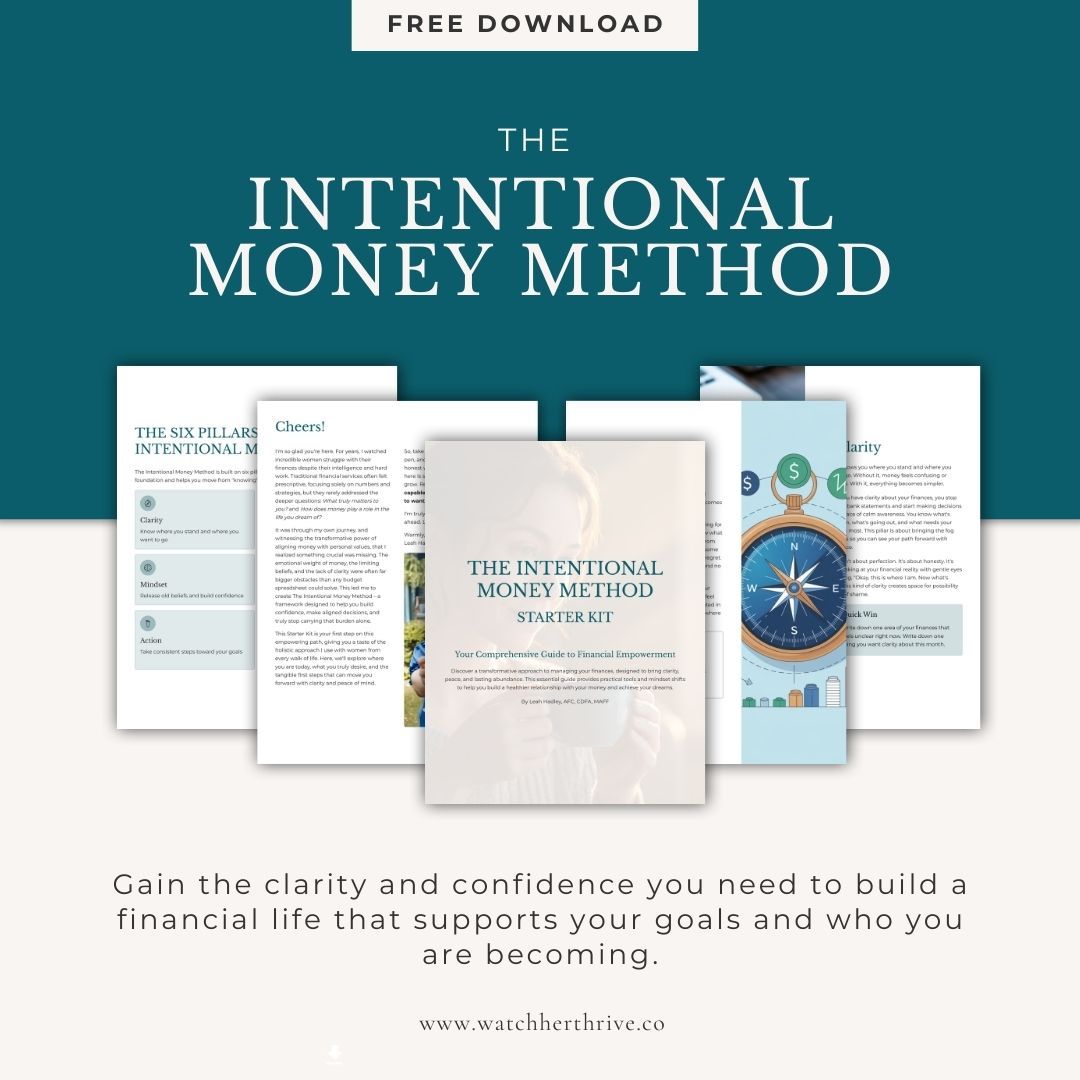5 Ways to Manage Stress After a Divorce

We have heard from our clients that many who are going through the divorce process are struggling physically as well as emotionally. And the stress doesn’t just automatically go away after the divorce process is finalized. We talk to a lot of people with long-term physical challenges. That’s why we wanted to provide you with some information that could help you if you’re someone who is experiencing physical pain during or after a divorce.
As part of our Thriving After Divorce Speaker Series, Dr. Patricia Delzell, a board-certified musculoskeletal radiologist specializing in the integrative treatment of chronic musculoskeletal pain, presented on this very important topic of how stress and anxiety can contribute to chronic pain.
When going through a divorce, women often feel uncertain about their financial future, and this out-of-control feeling can make them feel physical pain. Psychological distress and physical pain are connected because they share the same neural processes.
One of the physical effects of divorce on women can include an increased risk for a heart attack. A study at Duke University found that women who have been divorced once experience a 24% increase in their chance of having a heart attack, and women who have been divorced two or more times have an increased risk of 77%.
Other physical effects of divorce can include dramatic weight gain or weight loss, a weakened immune system, digestion issues, and metabolic problems.
These physical effects can sound pretty scary, so what can you do to minimize them and their impact on your life?
Dr. Delzell shared some practical tips and exercises to help you minimize stress, anxiety, and pain. These are things that you can incorporate into your daily routine.
Practical Tips for Managing Stress After Divorce
Qigong Shaking Technique
This technique is a moving meditation and diminishes stress and anxiety quickly. Pronounced “chi gong,” it was developed thousands of years ago as part of traditional Chinese medicine. Qigong uses exercises to optimize energy within the body, mind, and spirit to improve and maintain health and well-being. Click here for a video that demonstrates the Qigong shaking technique.
Yoga
Yoga is well-known for its many health benefits, not just in relieving chronic pain but also in managing stress, improving mood, and offering deep relaxation to help you get better sleep.
Click here for a link to an article with more information about yoga, including different poses that can help with chronic pain relief.
Breathing Techniques
In Dr. Delzell’s presentation, she talked about three types of breathing techniques. If you’re not breathing from your belly, you’re breathing from your shoulders and upper chest, adding stress to your muscles and exacerbating pain.
Deep belly breathing - Your abdomen should come out as you take a deep breath in and contract as you exhale. If you’re feeling anxious or stressed, breathe in for 4 counts and exhale for 6 counts and feel your muscles relax (especially in the face, shoulders, and buttocks). If you’re feeling very low on energy and need a boost, use your breath and inhale for 6 counts and exhale for 4 counts.
4-7-8 breathing - If you’re experiencing anxiety, try this technique 2-3 times a day. You inhale for 4 counts, hold for 7 and then exhale for 8 and feel your body relax.
Qigong breathing - This is breathwork and movement together. You can Google this to see some videos.
Other Mind/Body Options
If you are experiencing high levels of stress, the most important things you should focus on are moving, breathing, sleeping, hydrating, and eating healthy food. Even just 10 minutes a day of breathing and stretching can help relieve some of your stress.
Acupressure
Acupressure is a natural, hands-on healing art used to relieve stress, anxiety, and pain. It is scientifically proven to correct any imbalances of Qi (pronounced chi) throughout your body. If you’d like to read more about acupressure and how it’s used to manage pain, click here.
For more information about Dr. Delzell and her services, visit her website.
Related blog posts that you may find helpful:
Creating Your Best Life After Divorce
How to Keep The Winds of Change from Blowing You Off Course
14 Resources for Thriving After Divorce
The Power of a Support Group for Life After Divorce
We are not medical professionals and offer this information for educational purposes only. Please contact a medical professional with any questions related to your specific situation.



